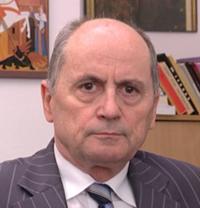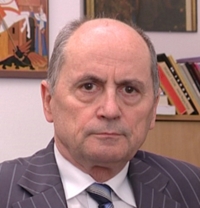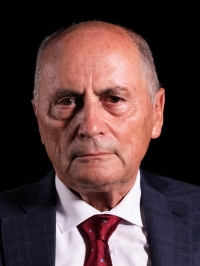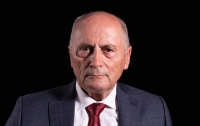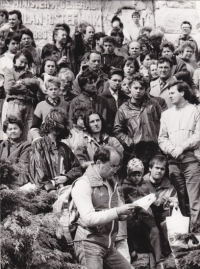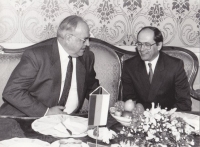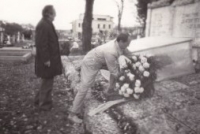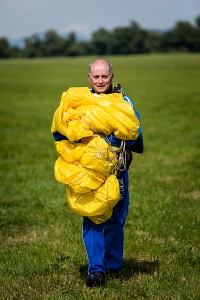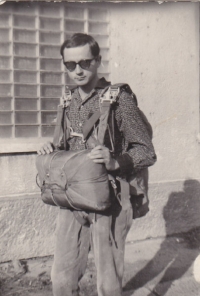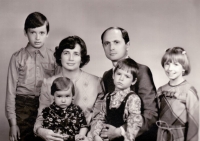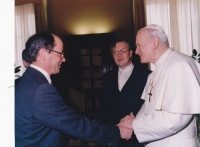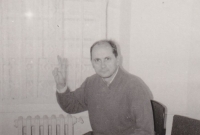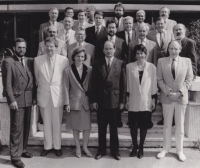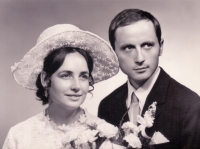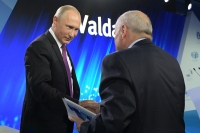We have to keep in mind that the Communist Party really ceased to exist. It wasn’t prohibited; its existence came to an end by democratic means, just because our society didn’t want it here

Stáhnout obrázek
Ján Čarnogurský was born on January 1, 1944, in Bratislava into a catholic family. He finished primary education in 1958 in Bratislava; however, because of the parliamentary position that his father held, he wasn‘t recommended for further study. After his father was arrested, the family moved to a village Malá Franková. After the communist party took over, his father was continuously imprisoned many times for just for doing his parliamentary job in the Slovak Assembly. At last, he was accepted to study at the secondary school in Kežmarok, then, a year later, he moved to Bratislava, where, after various complications, he managed to pass the leaving examination. Ján completed his first year of study at the School of Civil Engineering in Bratislava, where he met his future wife, Marta. Then, he moved to Bratislava to study law and in 1969 he graduated from the School of Law at the University of Prague. Later, he spent a year completing his compulsory military service. After passing the bar examination and acquisition of Juris Doctor Degree, he worked as an advocate. He was dismissed from advocacy when he advocated for a Moravian dissident. After being disbarred, he worked as a driver for the Doprastav Company, later as the company‘s lawyer and finally, in 1987 he became unemployed, since he continued to get more and more involved with the dissident activities of the Charter 77 movement. At the beginning of 1988, he participated in preparations for the Candle Manifestation and subsequently he started publishing the samizdat magazine called Bratislavské listy (Bratislava Letters). The State Security members needed to find a “specific reason“ to arrest him, and therefore he was under constant surveillance. August 14, 1989, he was imprisoned along with Miroslav Kusý and accused of three main misdemeanours: publishing the magazine of Bratislavské listy, preparations for laying wreaths and flowers to the victims of Soviet occupation in 1968, and presenting the request for free elections in June 1989 at the gathering in Predmier near Žilina. In November 1989 the trial was held, based on which Ján was acquitted. However, he was released only after being granted an amnesty from President Gustáv Husák. From November 19, 1989, he was an active member of the Public against Violence movement (VPN). In December 1989 he became the first deputy prime minister in federal government and after the elections in 1998 he worked as a minister of justice. When he resigned on his post of the chairman of KDH (Christian Democratic Movement), which was established in February 1990, he started his own law company, and up to now he has had a successful law practice. In recent years he has been given many honours and awards for his miscellaneous democratic activities.
